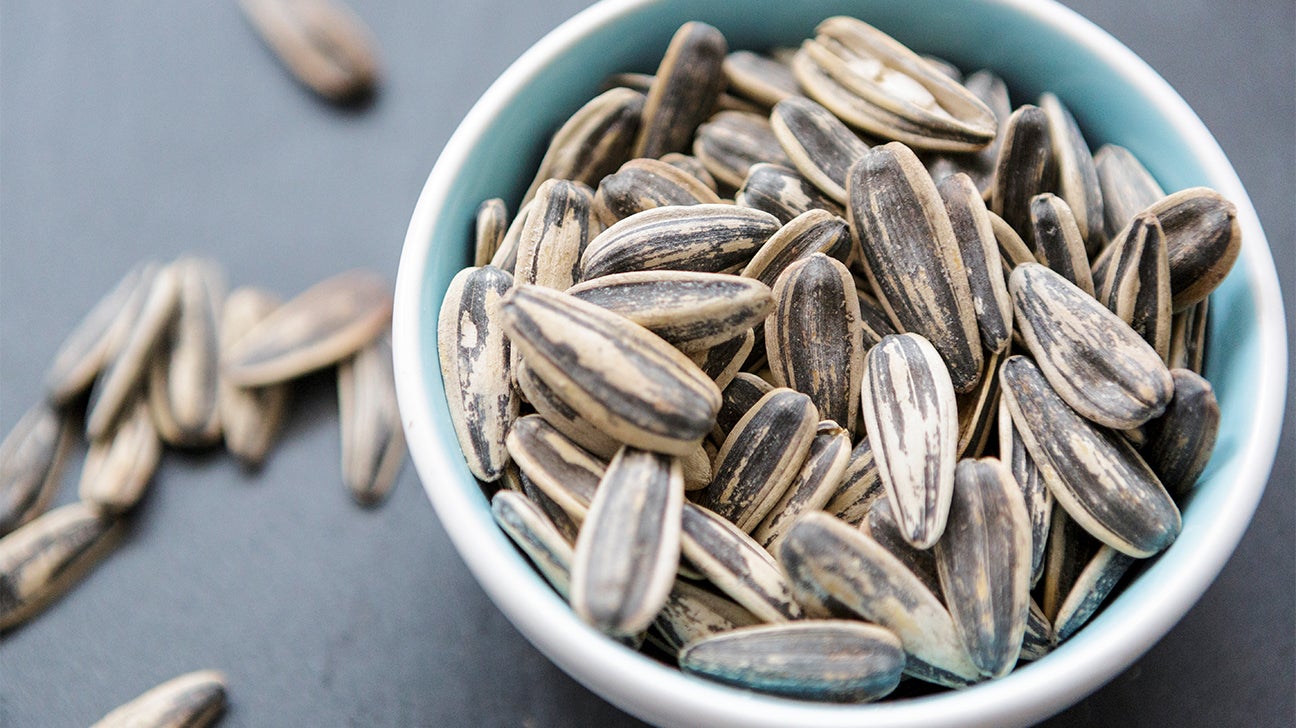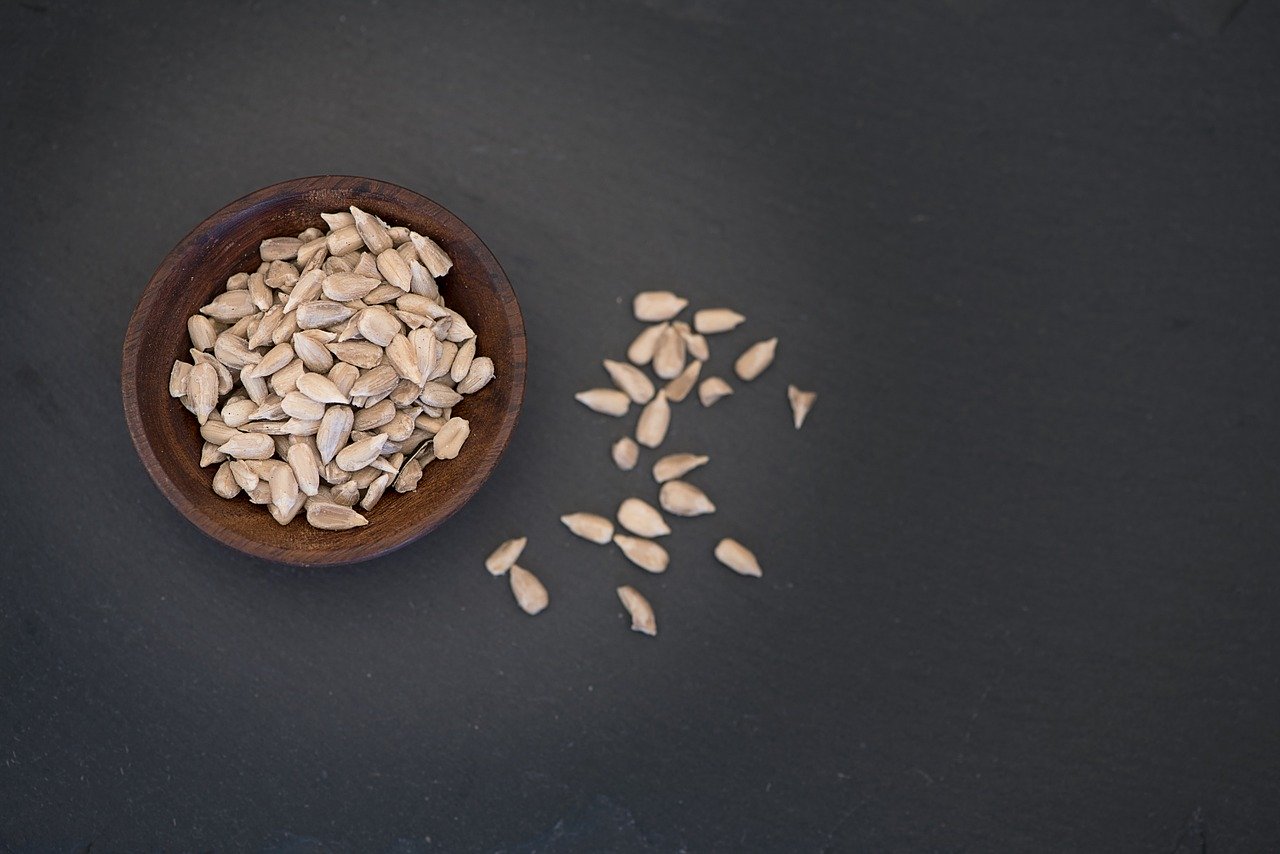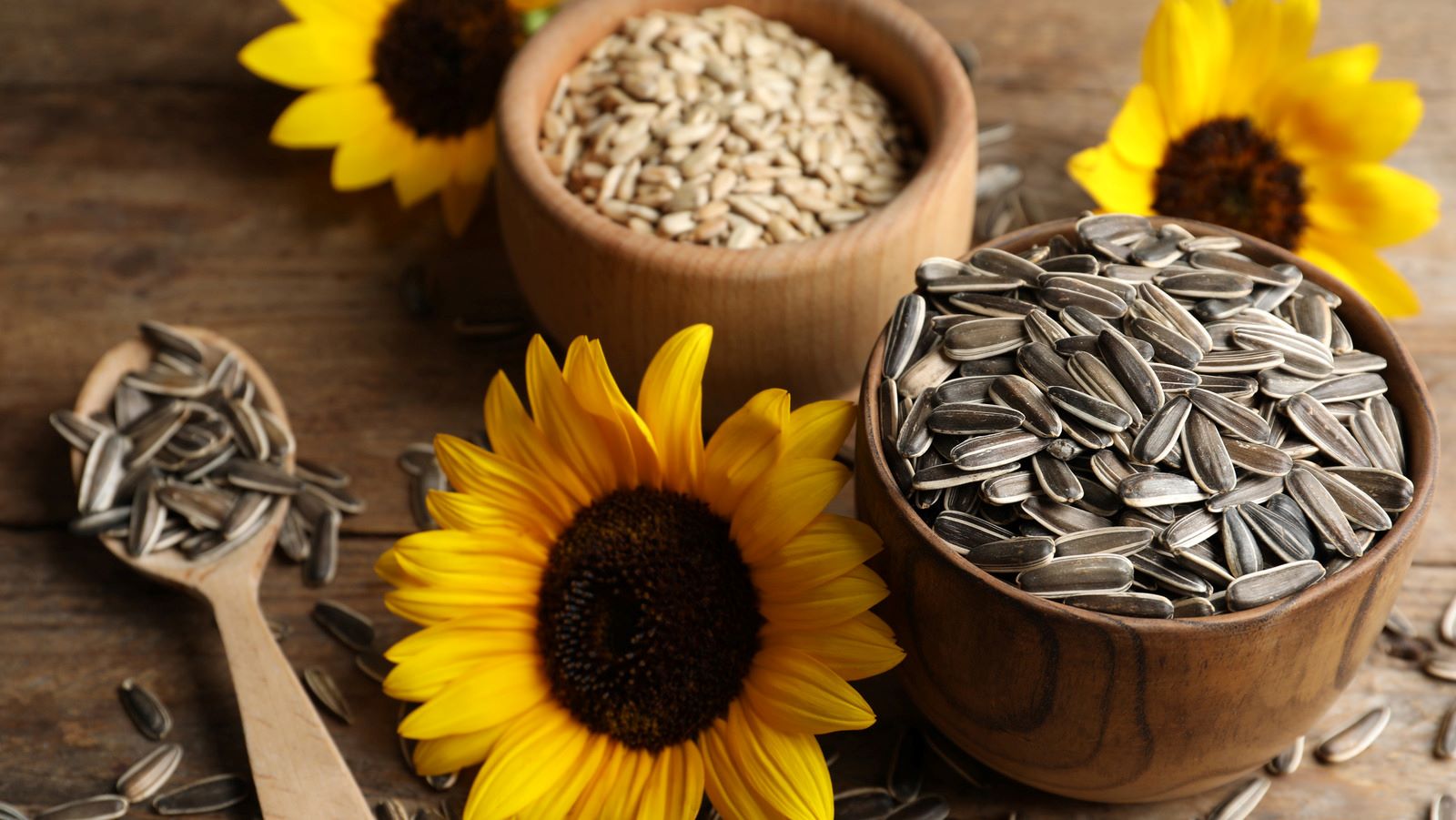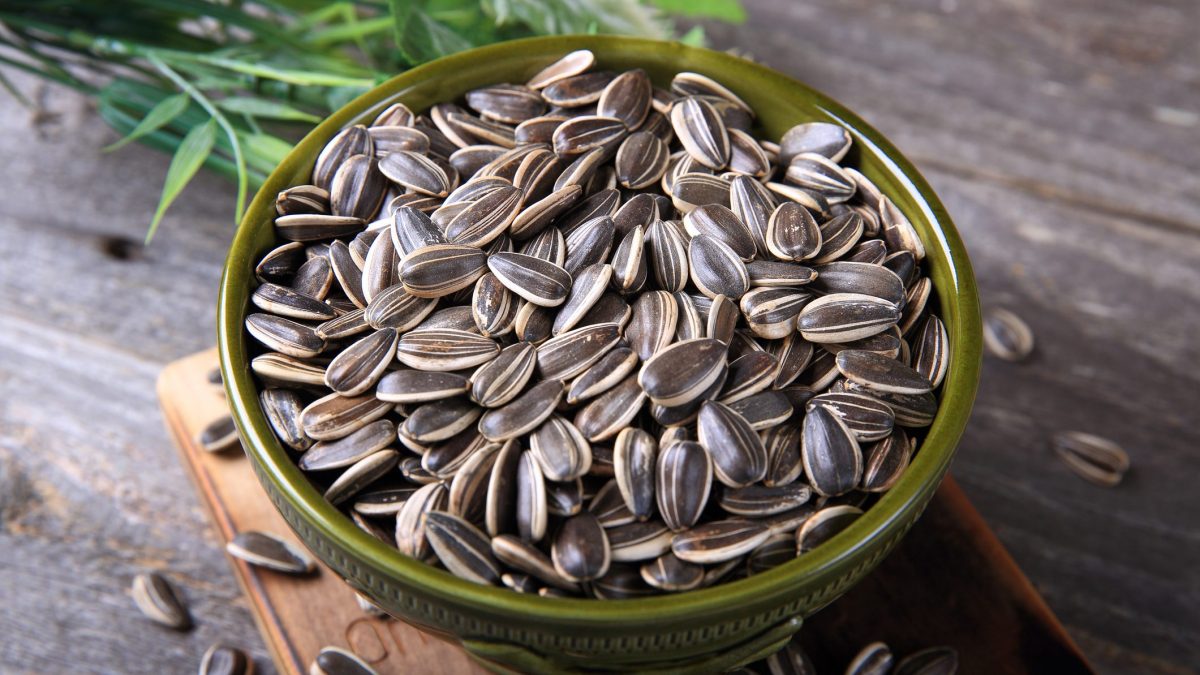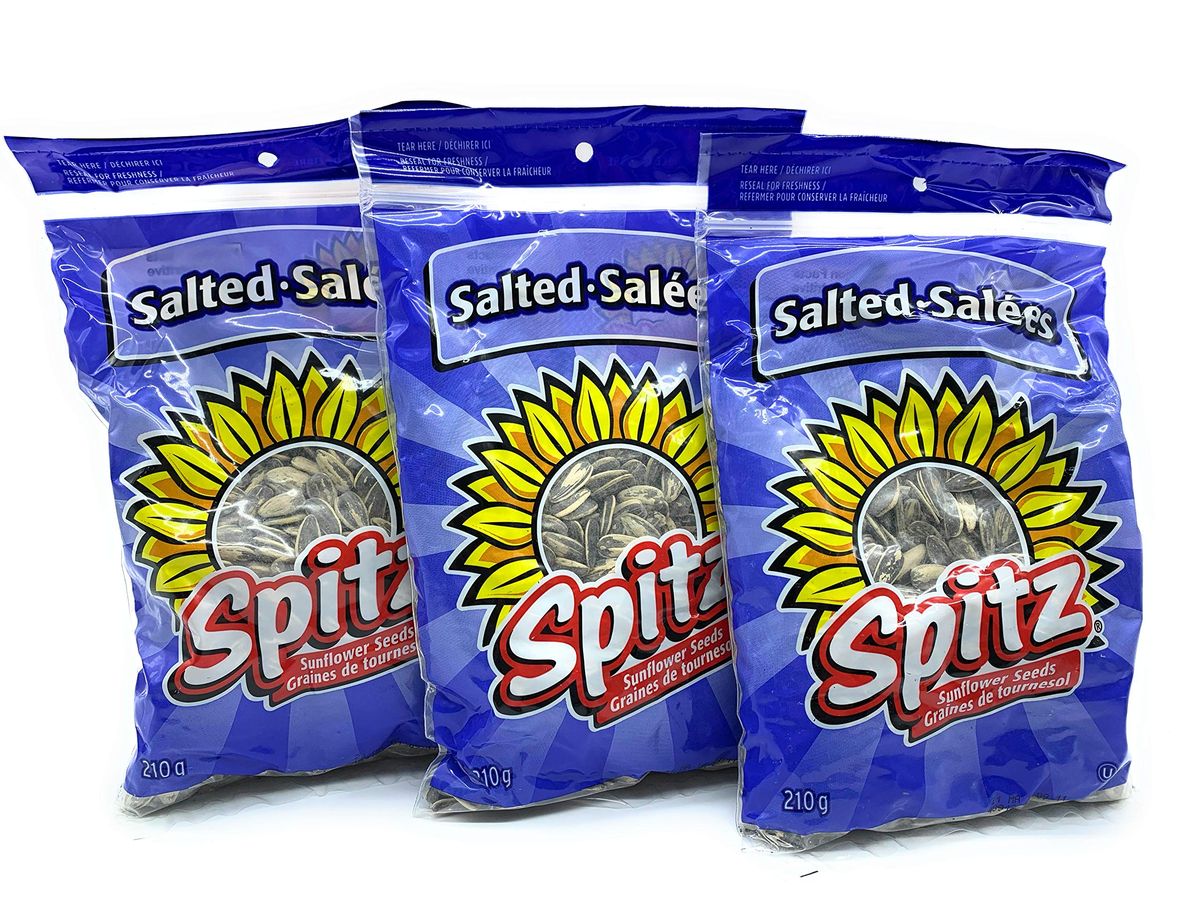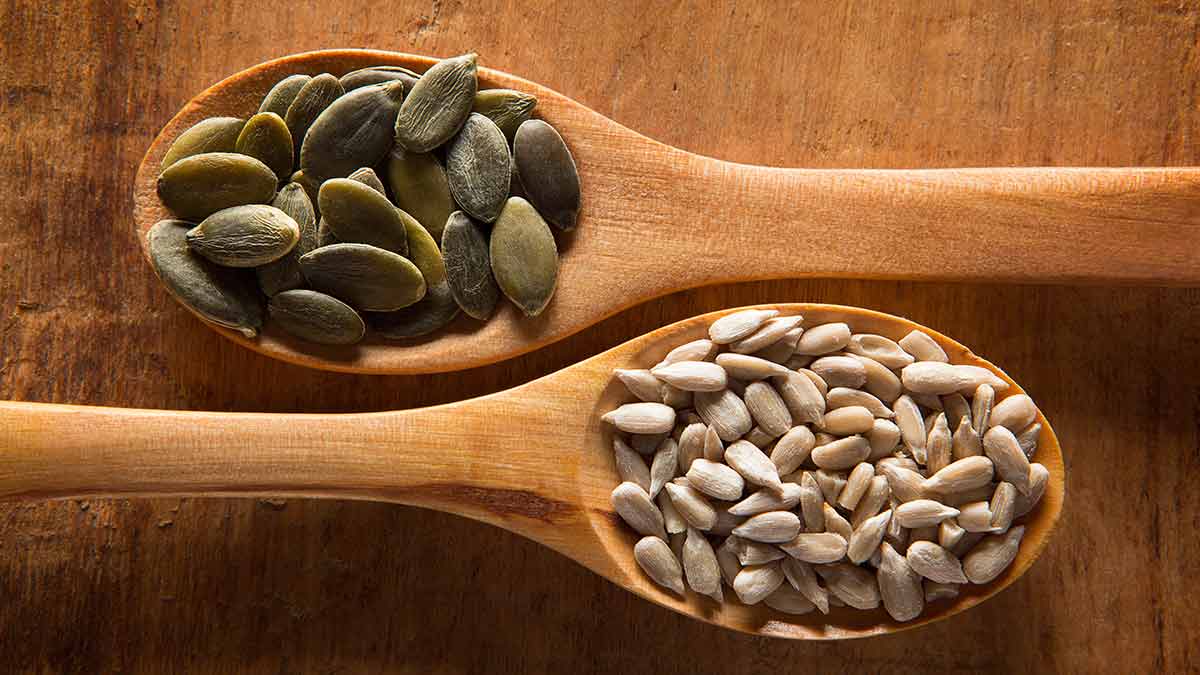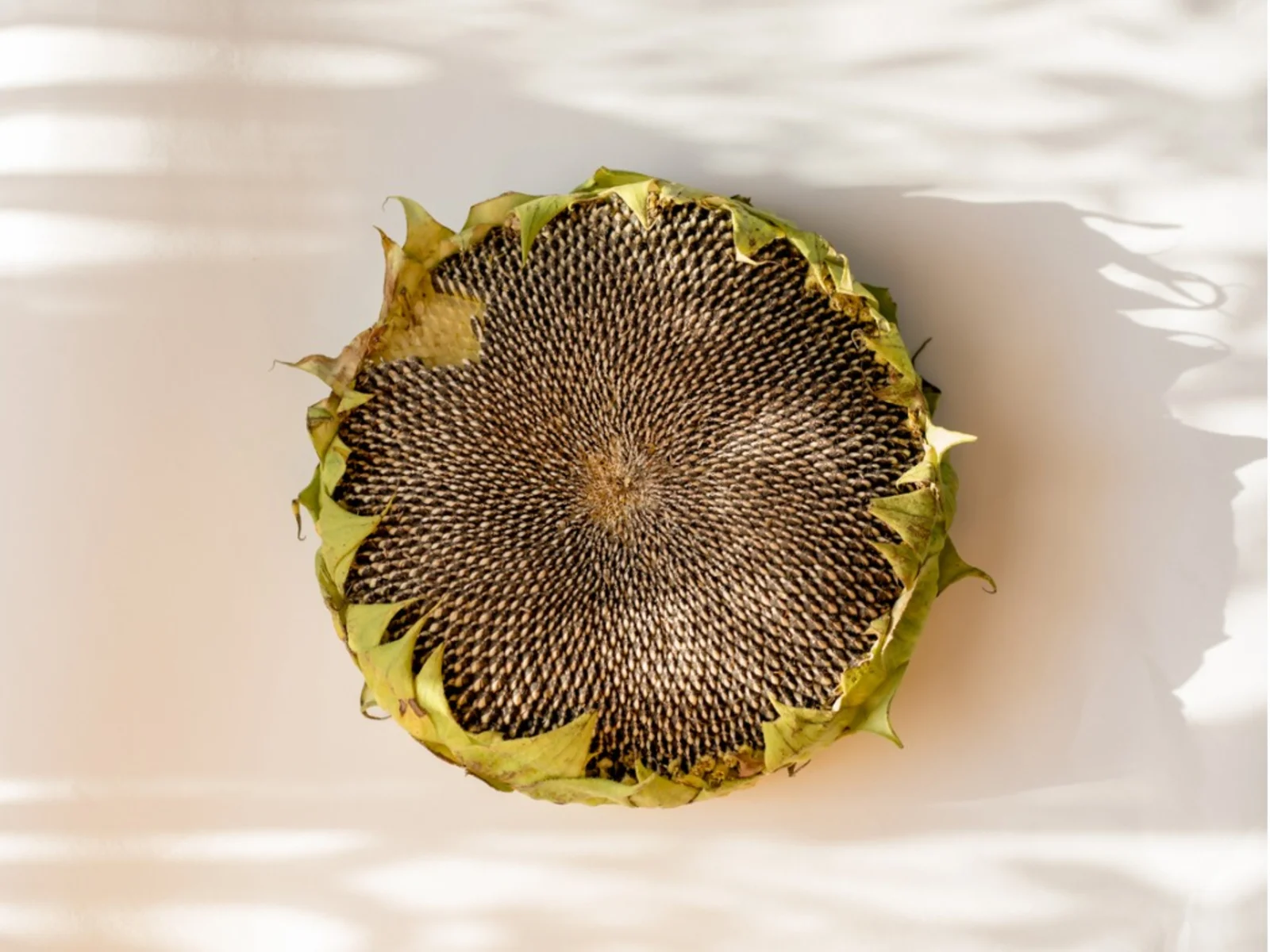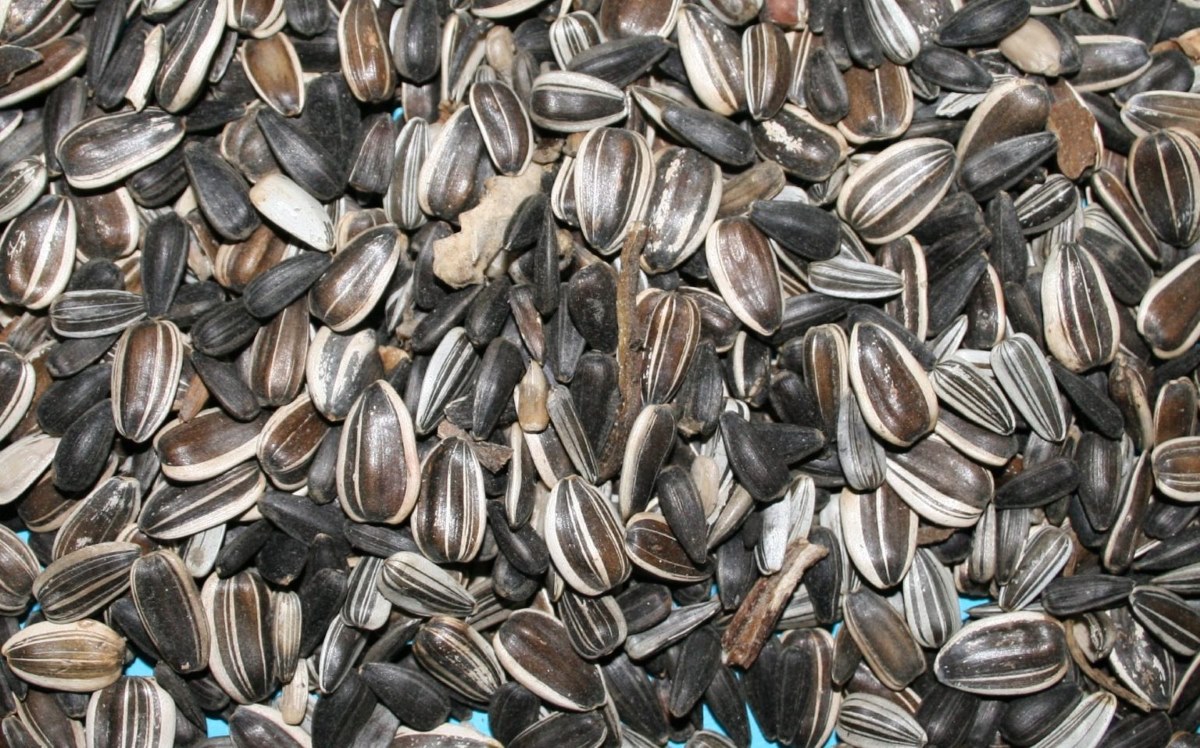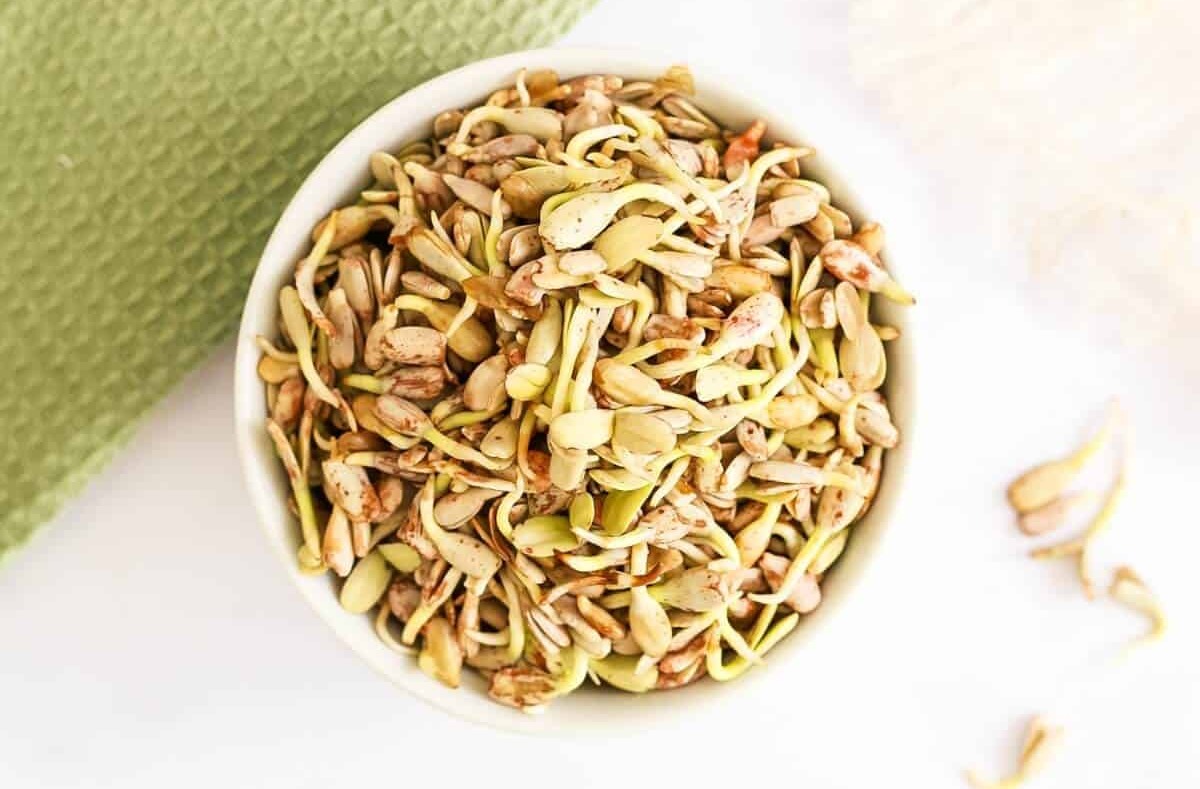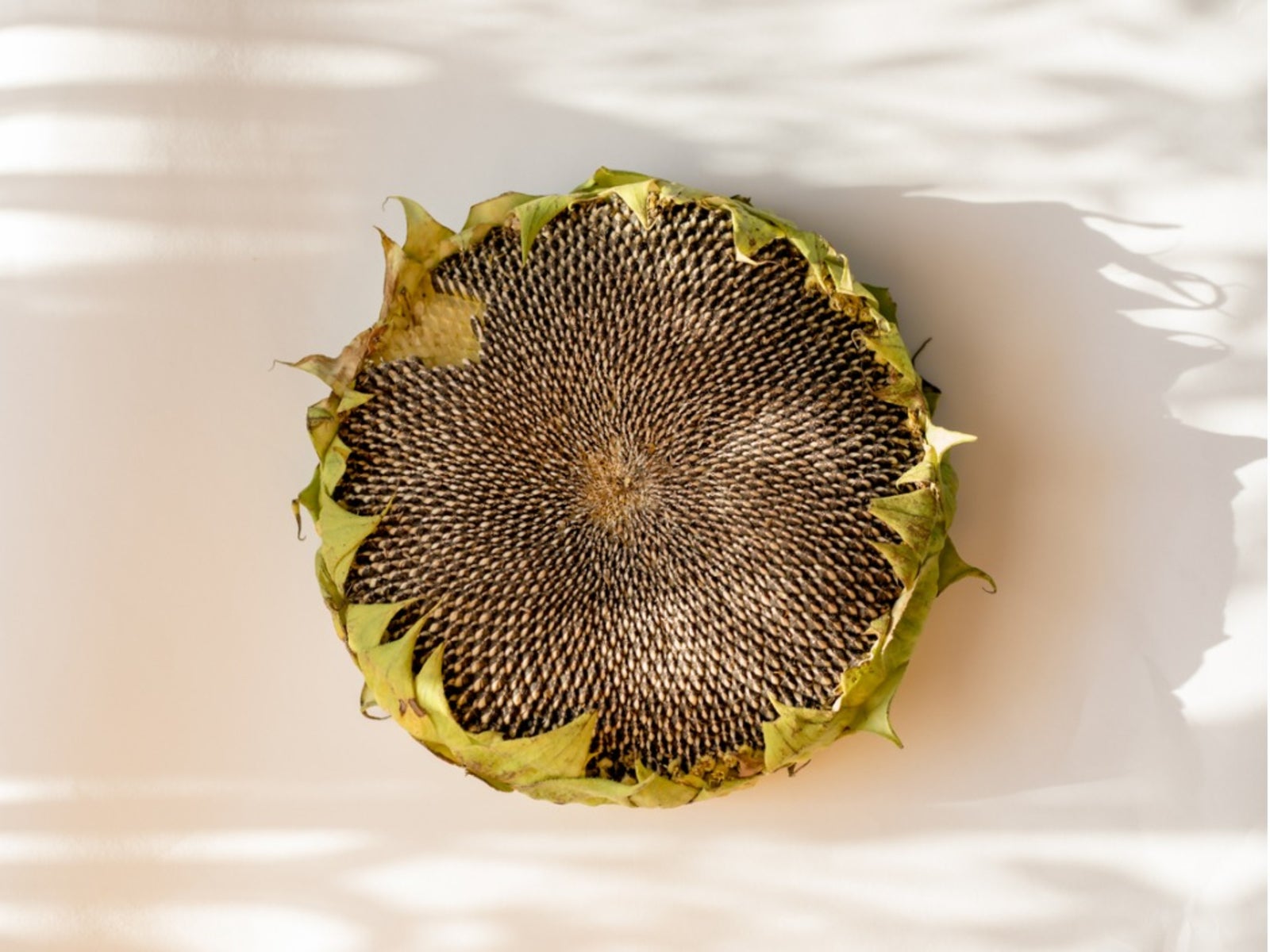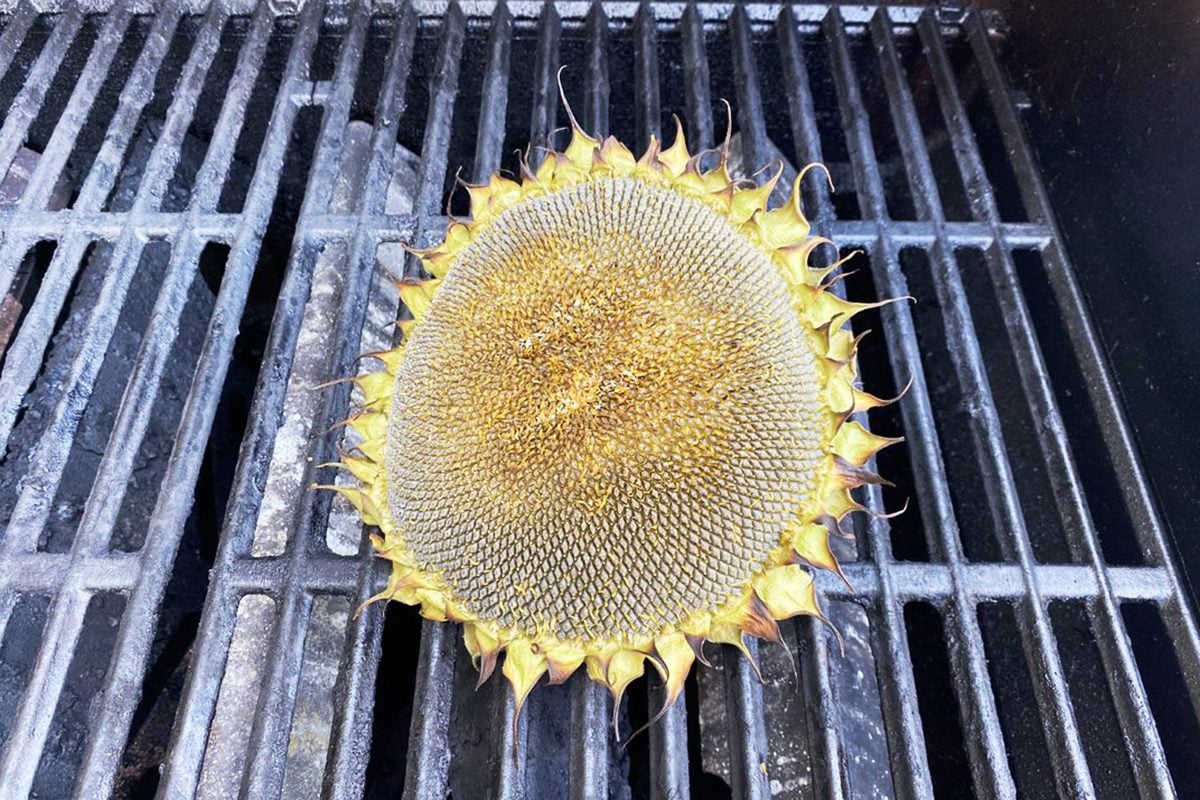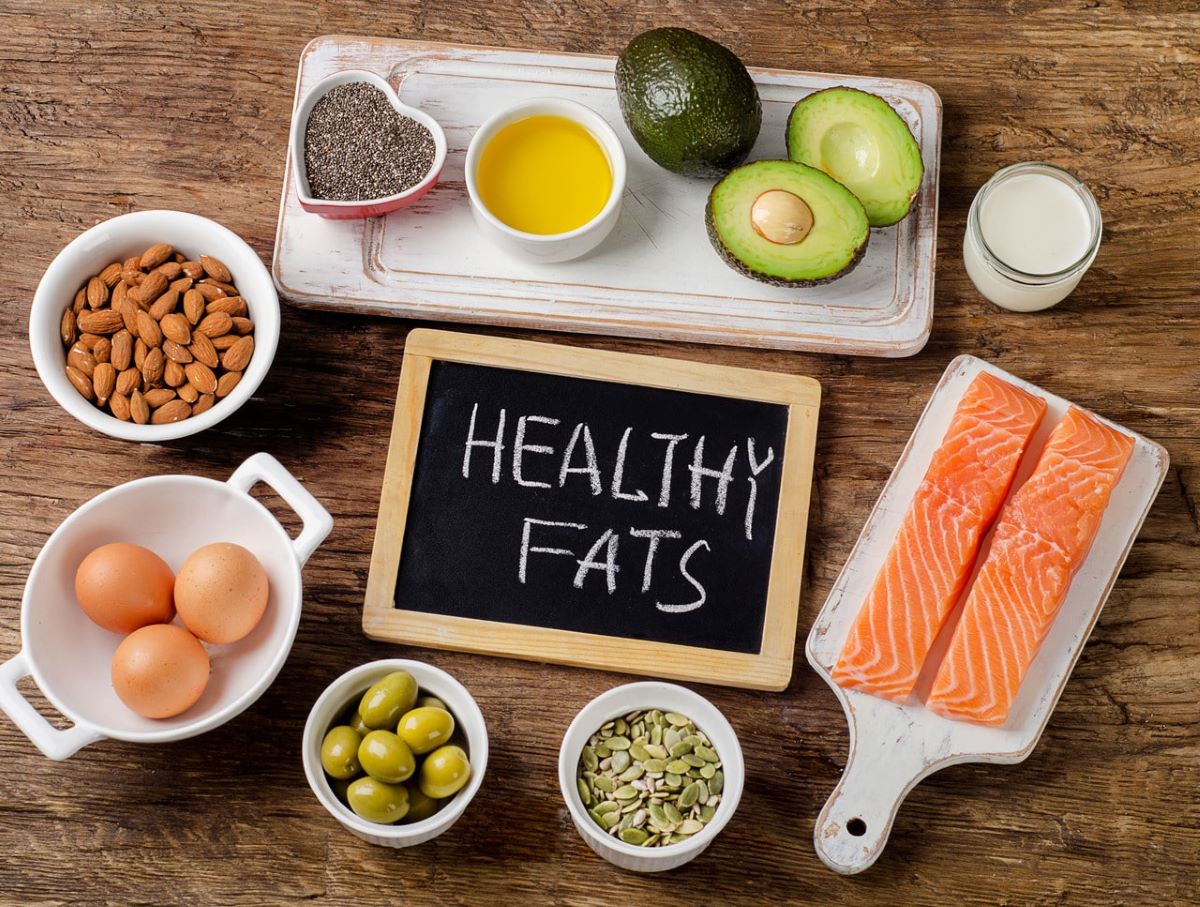How to Enjoy Sunflower Seeds
Are you a fan of snacking on sunflower seeds but not quite sure how to eat them? Don’t worry, we’ve got you covered! Sunflower seeds are not only delicious but also packed with essential nutrients like vitamin E, magnesium, and selenium. Whether you’re enjoying them at a baseball game or as a midday snack, here’s how to eat sunflower seeds like a pro.
Step 1: Choose Your Sunflower Seeds
When it comes to sunflower seeds, you have a few options to consider. You can choose from shelled or unshelled seeds. Shelled sunflower seeds are convenient and easy to eat, while unshelled seeds require a bit more effort but can be a fun and satisfying snack.
Step 2: Crack Open the Shell
If you’ve opted for unshelled sunflower seeds, you’ll need to crack open the shell to access the tasty seed inside. Place the seed between your teeth and apply gentle pressure to crack the shell. Once cracked, use your fingers to remove the shell and enjoy the seed inside.
Step 3: Mindful Eating
When it comes to eating sunflower seeds, it’s important to be mindful of your surroundings. If you’re in a public place, be mindful of where you dispose of the shells. Consider carrying a small bag or container to collect the discarded shells for easy cleanup.
Step 4: Experiment with Flavors
While sunflower seeds are delicious on their own, you can take your snacking experience to the next level by experimenting with different flavors. You can find sunflower seeds in a variety of flavors such as BBQ, ranch, or even spicy chili. Give different flavors a try to find your favorite.
Step 5: Incorporate Sunflower Seeds into Recipes
Sunflower seeds aren’t just for snacking – they can also be a versatile ingredient in cooking and baking. Add them to salads for a crunchy texture, sprinkle them on top of yogurt or oatmeal, or incorporate them into your favorite baked goods for a nutty flavor and added crunch.
Step 6: Enjoy the Nutritional Benefits
Aside from their delicious taste, sunflower seeds offer a range of health benefits. They are a good source of healthy fats, protein, and fiber. Additionally, they are rich in vitamin E, an antioxidant that helps protect cells from damage. So, when you’re snacking on sunflower seeds, you’re also nourishing your body with essential nutrients.
Conclusion
Now that you know how to eat sunflower seeds, it’s time to grab a pack and start snacking. Whether you prefer them shelled or unshelled, plain or flavored, sunflower seeds are a nutritious and delicious snack option. So, go ahead, crack open a pack of sunflower seeds and enjoy all the goodness they have to offer!
